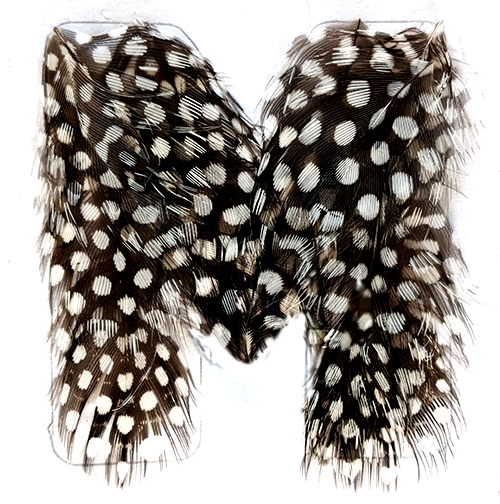Hypothesis: You were taught that if you tried hard enough, you would succeed. This was a lie.
You cannot try to become the daughter of a not-dead dad any more than you can try to stop
him from dying. You cannot unreel the past, the gift you forgot to buy, the email you sent with
the typo inscribed in the middle of your name. Iris becomes Itis, an irritant, ill-polished granule
scratching a groove in the eye like a grape. Dear editor, please consider the following. Clinical,
the tone of the drafts you contrive. You tape grid paper over the bad paragraphs. Let’s try
again, you tell your students. You give them each envelopes filled with their own little lies.
Method:
1. You thought Dad said essay, as in, five-paragraph report, as in, arguable thesis propped up
on a trellis of quotes. A trick of the ear to try the memory. This is a rapid home essay. The
researchers will essay the HbA1C count of the patient’s whole blood. You thought you
recognized the vowel squishing slightly on the flat of his Cantonese. Yes, you thought. Ae-ssay.
The word inked ribbons into your brain. You wanted to make an essay of it: three ways the
body fights decay. Essay the meaning in the margin, score through in waxy red graphite. The
sound slipped. You felt you could make an argument for it, the days and their reasons for
sticking—the pen essaying forth, mightier in malaprop, the point transparent, sharpened
tongue that shines.
2(a). The papers your doctor friends send you amount to several essays’ worth. You scroll
through ream after ream. The cell count was assayed with the use of a novel dye. A whole blood
assay is needed to properly diagnose. Maybe it is you who should be writing an essay, your
science receding into the background, slurring into years papered over in poetry, and now,
too, the shrill of your fear’s brass teeth. You study the words you don’t remember, pore over
the humps of their grainy shapes. Serif, meaning wing, meaning print of a formula fluttering off
into the night. You asked for this moon-faced tangle, the struggle a form of control. You’re
back in your teal-floored high school, chair bars screeching against the tiles before the test.
Only this test is the kind you can’t solve for, where all the questions are serpentine integral
roads leading to more and more corridors. The argument loses its strand, and you can’t find an
exit before it ends.
2(b). Assay me this: what is an essay without a point? What is the needle without its runnel of
butterflied blood?
3. The doctors don’t think you should donate. This, too, is a type of a/essay. Your veins too
skinny to take the needle. You dare that to stop you. Two nurses try for half an hour. This, too,
is partly a lie. The indicator resolves. You still have something to prove, waxed with the guilt
that’s inked through your gut for ten years. You’re thinking about your father, gallons of plasma
swimming into his port. Test results clipped up beside his head. A1C, high. Platelets, low. A
valve chirps, grazes the fine point inside. You squeeze out the sharp, steel yourself. Try, try, try.
IRIS A. LAW is a poet, editor, and educator living in the San Francisco Bay area. A Kundiman fellow whose poems have appeared or are forthcoming in journals such as Hyphen, the Margins, Counterclock, and Waxwing, she is also founding coeditor of the literary magazine Lantern Review: A Journal of Asian American Poetry. Her chapbook, Periodicity, was published by Finishing Line Press in 2013.







